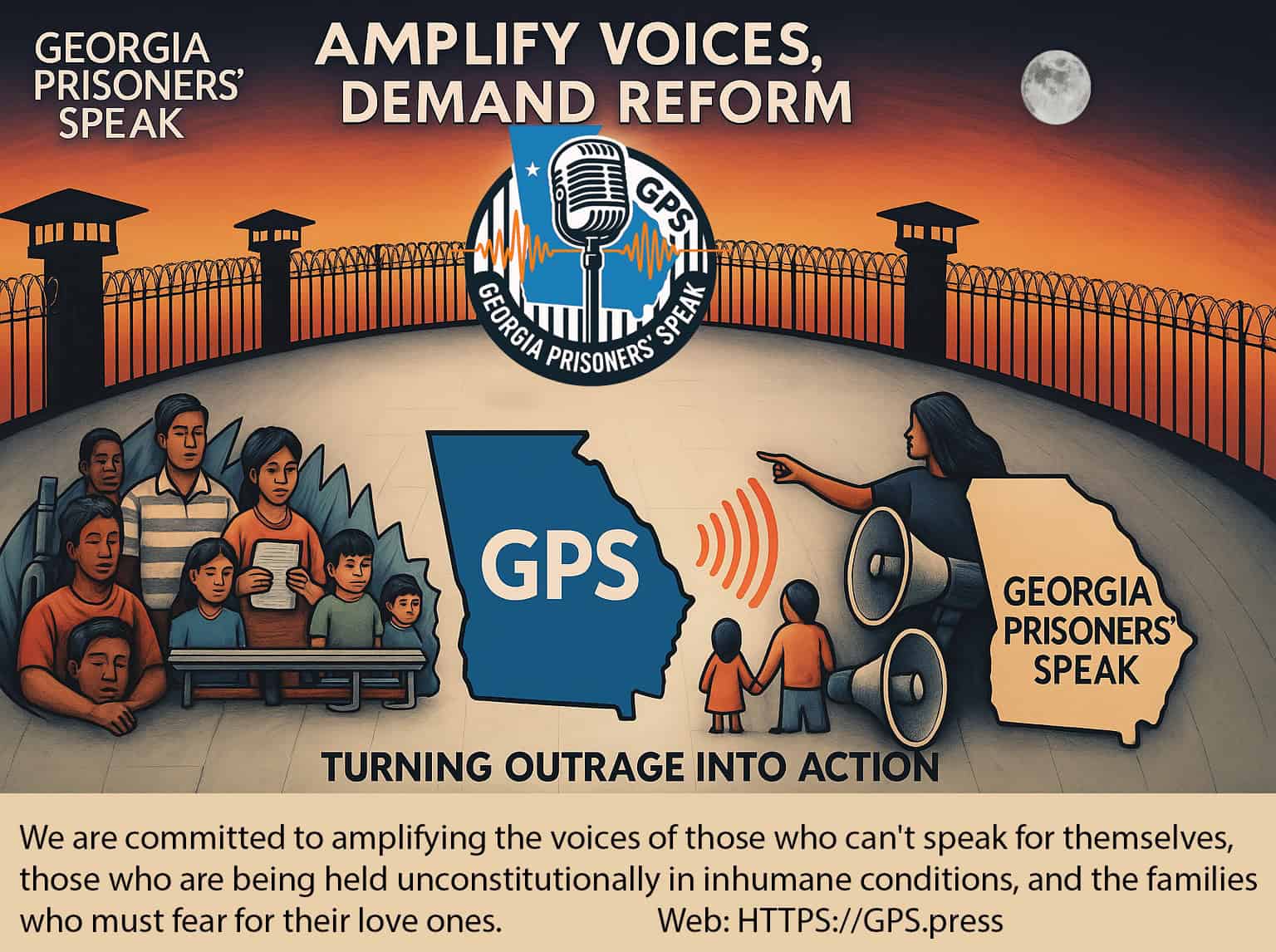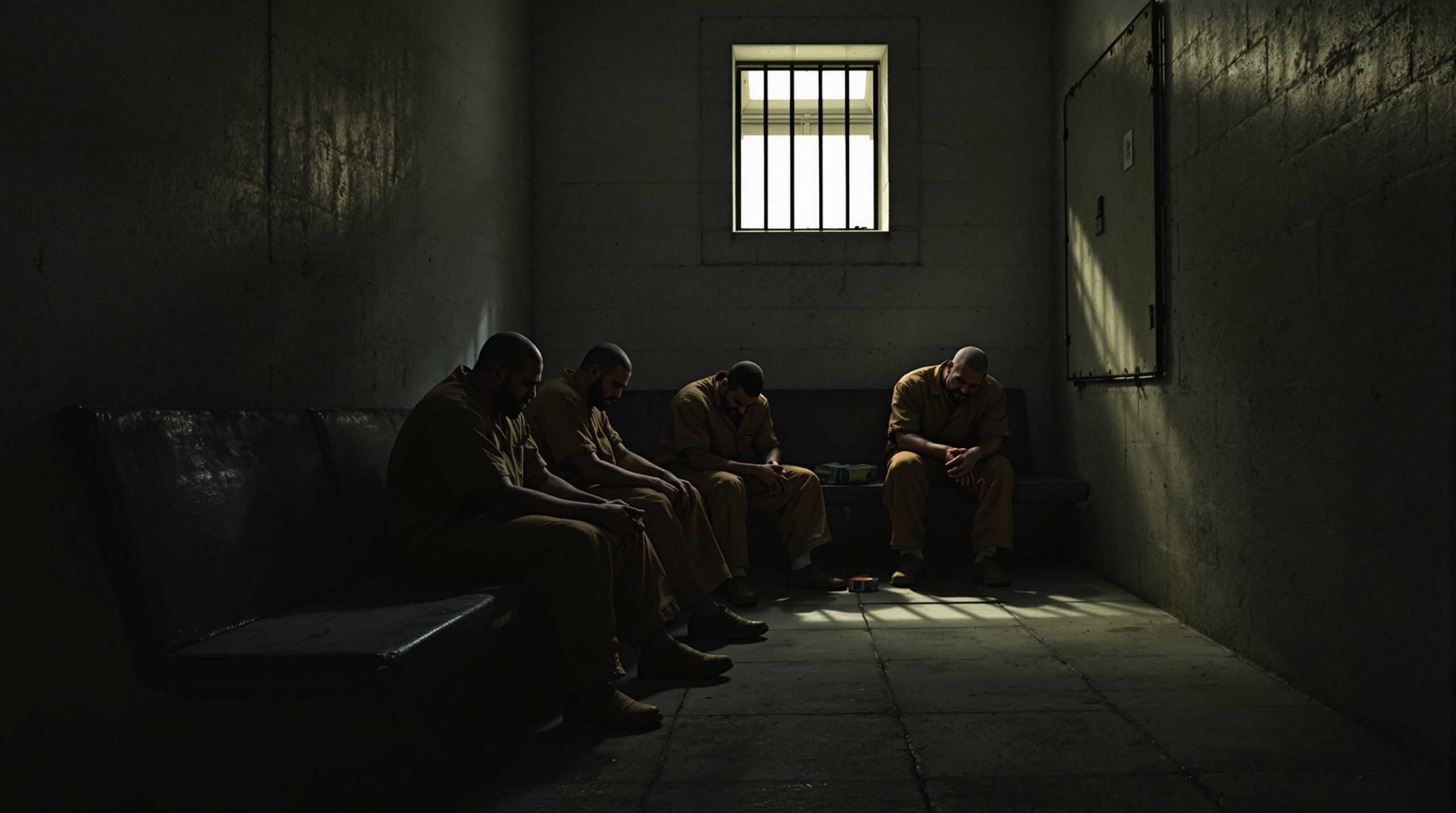50 homicides projected for 2024. 38 recorded in 2023. 142 from 2018 to 2023. Georgia’s prison overcrowding crisis kills. Anthony Knight died at Macon State Prison. Leon Kelly died at Central State Prison. Two deaths in two days—December 2024. Overcrowding, understaffing, and violent conditions created this. Policy changes reversing earlier reforms are making it worse. The death toll rises while Georgia debates whether to act. 1
The Violence Surge
Homicides are accelerating:
- 24 homicides—first half of 2024
- 50 projected—by year end
- 38 in 2023—previous record
- 95.8% increase—over three years
Federal investigations reveal systemic failures. The DOJ found Georgia shows “deliberate indifference” to violence, drug use, and abuse.
Root Causes
Policy choices created this crisis:
- Reversed reforms—earlier policies reduced population 13% from 2012-2022
- Expanded RICO statutes—increasing sentences
- Mandatory cash bail—keeping more detained pre-trial
- 80% staff vacancy rates—at some facilities
“The proposed laws in Georgia could overwhelm local systems if arrests for these crimes surge dramatically,” warns criminal justice professor Thaddeus Johnson. 2
Individual Tragedies
Behind statistics are human beings:
- Leon Kelly—died December 9, 2024, Central State Prison
- Anthony Knight—died December 10, 2024, Macon State Prison
- Two deaths in two days—system failure documented
- Families without answers—transparency denied
The DOJ investigation describes “grave and diffuse failures to safeguard the men and women housed in its facilities.”
Take Action
Use Impact Justice AI to send advocacy emails demanding action on Georgia’s prison overcrowding crisis. The free tool crafts personalized messages to Georgia lawmakers—no experience required.
Demand:
- Alternatives to incarceration for non-violent offenses
- Adequate staffing in all facilities
- Safety measures to prevent violence
- Accountability for preventable deaths
Further Reading
- The Fight for Decarceration: Georgia’s Path to Prison Reform
- Broken Locks, Broken System: The Urgent Need for Staffing Reform
- GPS Informational Resources
- Pathways to Success
About Georgia Prisoners’ Speak (GPS)
Georgia Prisoners’ Speak (GPS) is a nonprofit investigative newsroom built in partnership with incarcerated reporters, families, advocates, and data analysts. Operating independently from the Georgia Department of Corrections, GPS documents the truth the state refuses to acknowledge: extreme violence, fatal medical neglect, gang-controlled dorms, collapsed staffing, fraudulent reporting practices, and unconstitutional conditions across Georgia’s prisons.
Through confidential reporting channels, secure communication, evidence verification, public-records requests, legislative research, and professional investigative standards, GPS provides the transparency the system lacks. Our mission is to expose abuses, protect incarcerated people, support families, and push Georgia toward meaningful reform based on human rights, evidence, and public accountability.
Every article is part of a larger fight — to end the silence, reveal the truth, and demand justice.

